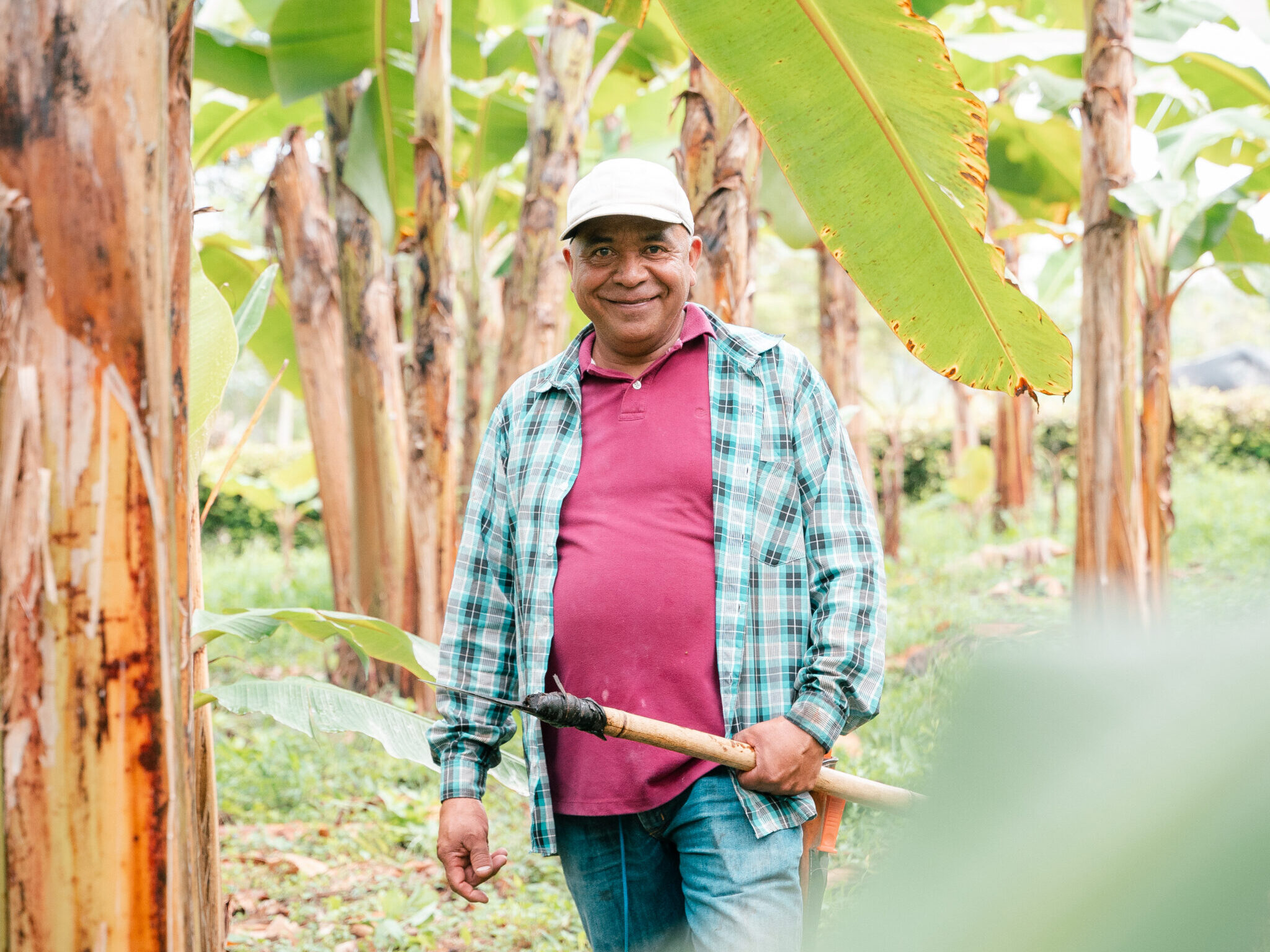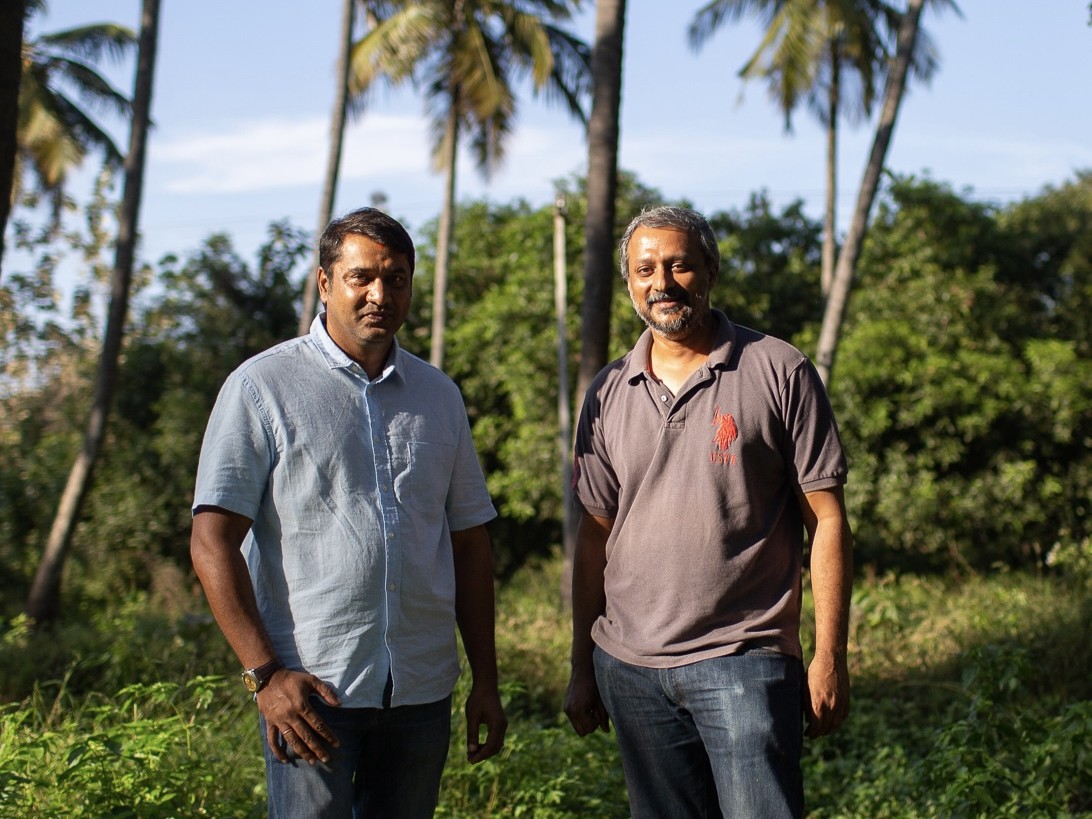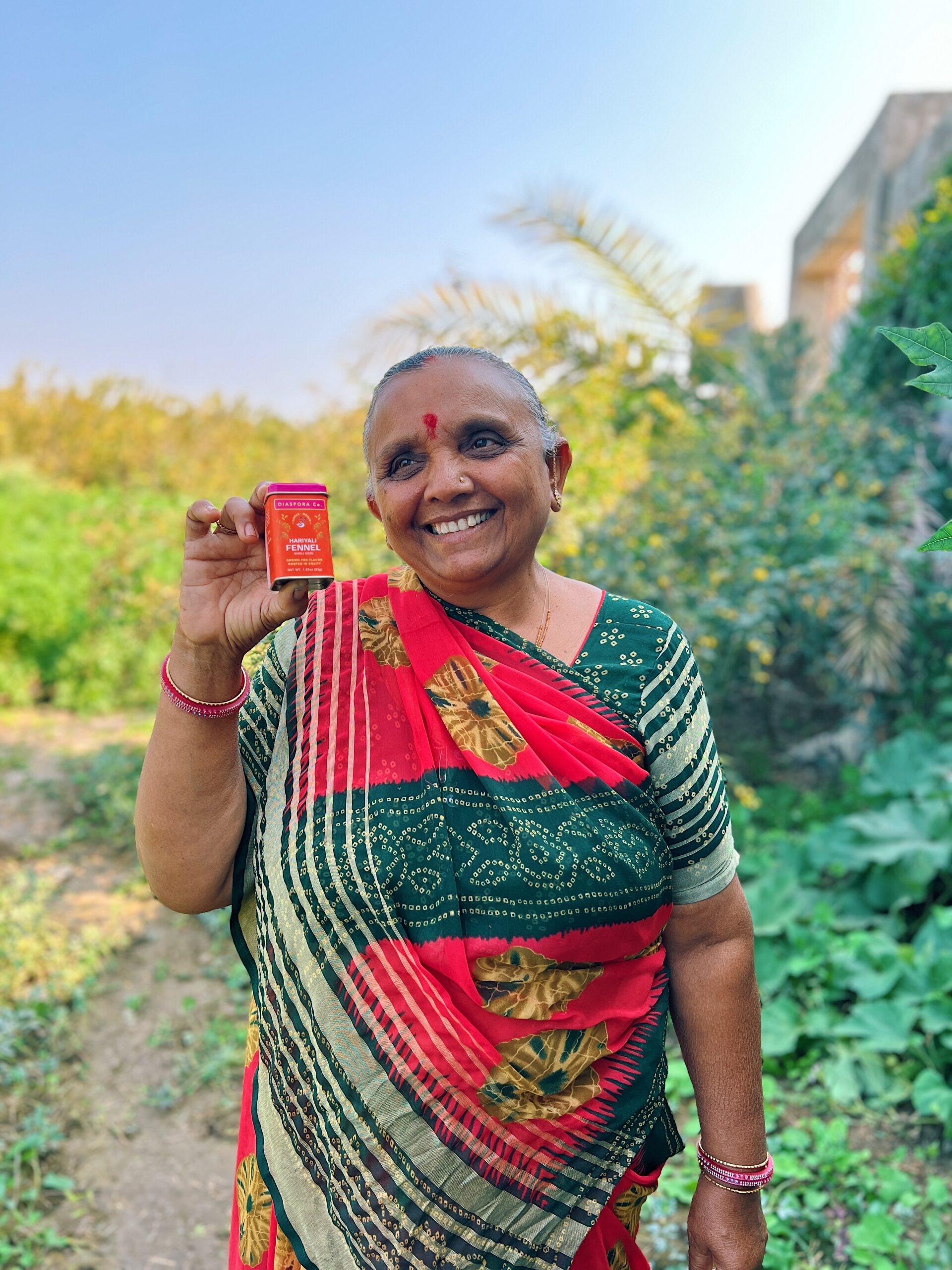Equal Exchange customers often ask if they can donate to the company to support its economic justice and environmental work. As a for-profit venture, the purveyor of organic, fair-trade coffee, chocolate, tea, and other foods used to turn them down. Not anymore.
Five years ago, Equal Exchange opened a donor-advised fund to streamline grantmaking to its supplier community and open up opportunities for collaborative giving. The company contributes most of the money in its DAF, but customer donations swell the fund.
“The way we work with our community of cooperative farmers is multifaceted, going beyond just a purchase order for their products. We take a more holistic approach, exploring ways to support rural livelihoods and nurture agricultural lands,” Kim Coburn, then green coffee buyer at Equal Exchange, explained in an article for the RSF Social Finance newsletter. “With the DAF, we now welcome contributions that help to support our broader mission.”
Many impact-focused businesses are in a similar position — especially companies with fair-trade supply chains, those working to solve systemic problems, and enterprises with intensive community commitments like training second-chance workers. The calculus is different for every business, but if you’re investing in impact initiatives that don’t yield a financial return, such as education, improving conditions in your supply chain, and community building, shifting funding for those efforts to a DAF can be a way to optimize your finances and boost your impact.
Read the full article on Impact Entrepreneur.


